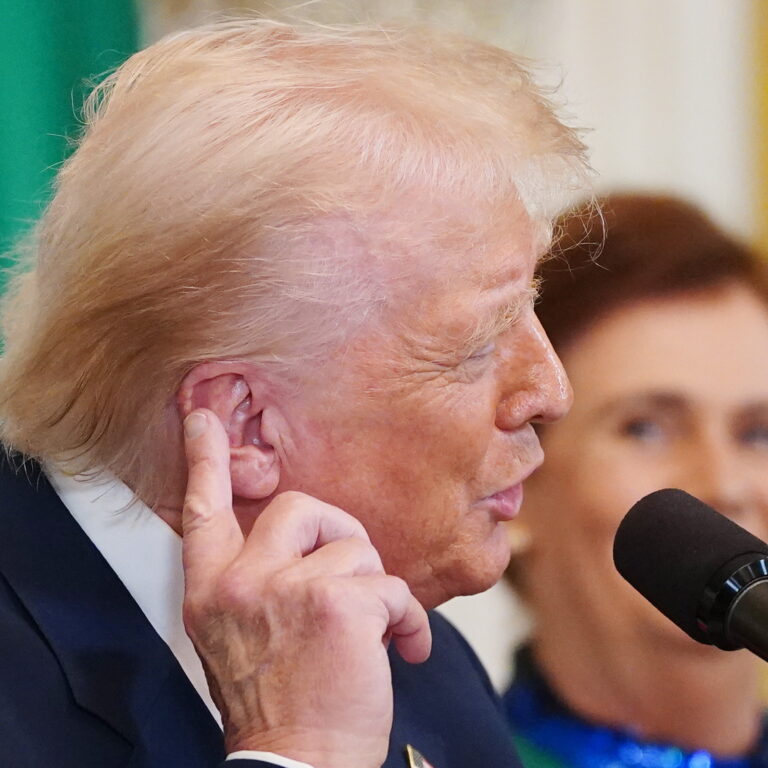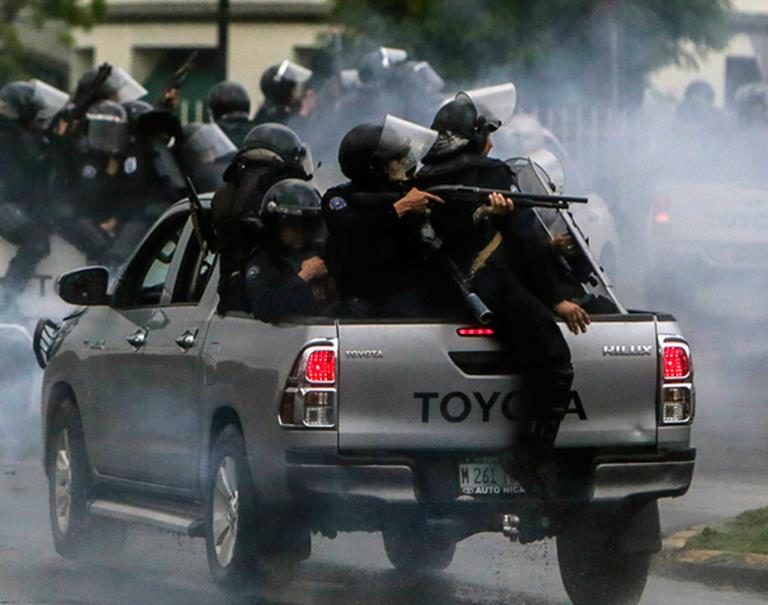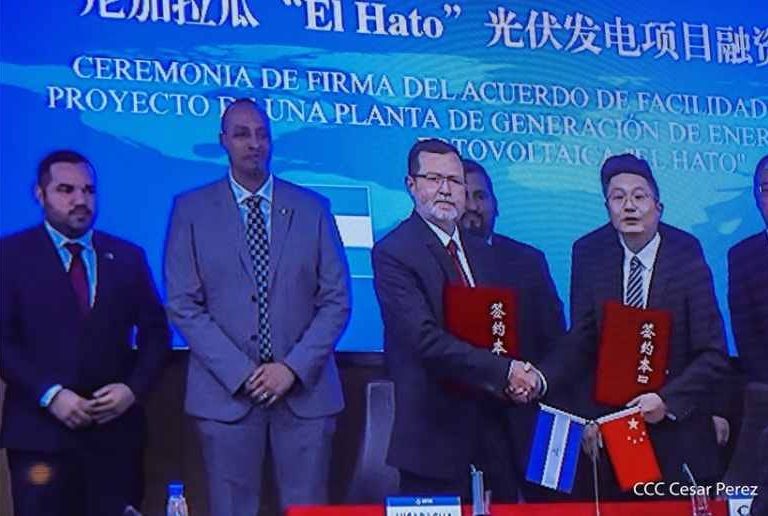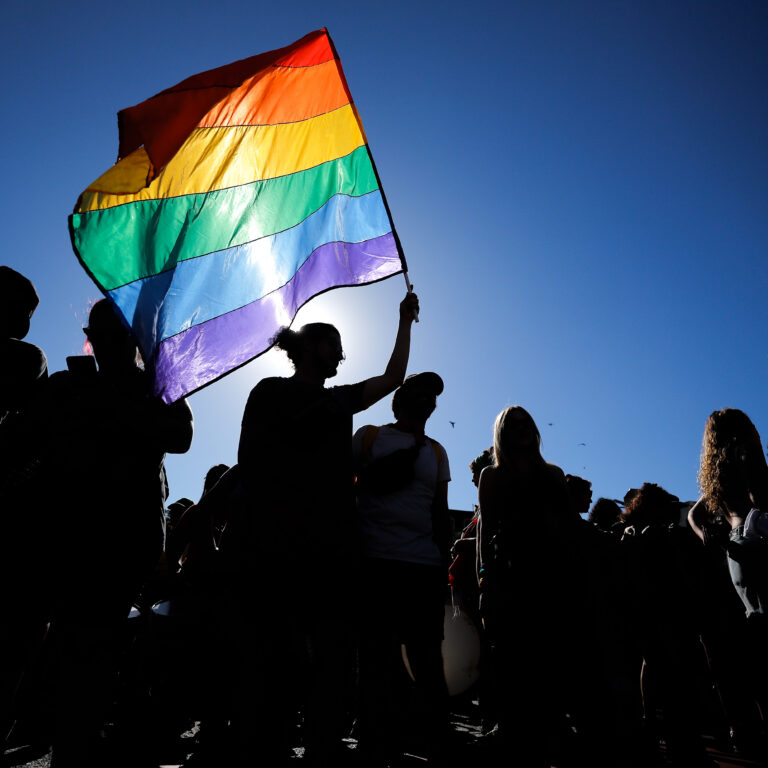“I am not conservative or progressive, I am Violeta.” Doña Violeta Barrios de Chamorro, former president of Nicaragua, from 1990 to 1997, arrived in Costa Rica being transferred by air from the capital Managua. 
By: Intertextual Editorial/contacto@intertextualcr.com
This October 18, Mrs. Violeta Barrios de Chamorro turns 94 years old and celebrates with her family in exile in Costa Rica.nn“From now on she will settle in San José, under the care and love of her family, with the accompaniment of health personnel and specialized doctors,” the former president’s family mentioned in their statement, thanking all the staff. who dedicated “all these years” to the care of Doña Violeta and also to all the people who always accompany her with their prayers.
Indice
ToggleVioleta Barrios de Chamorro: The Lady of Democracyn
The Nicaraguan politician and activist Violeta Barrios Torrez was born in the city of Rivas on October 18, 1929, one of the seven children of the wealthy family of Carlos Barios Sacasa and Amalia Torrez Hurtado. He grew up on his father’s farm on the shores of Lake Nicaragua in Rivas, a town near the border with Costa Rica.
Also read: Lludely Aburto: «Women politicians must govern and take the spaces that belong to us»
At the age of 22, she married Pedro Joaquín Chamorro. During the twenty-seven years of marriage that she lived with Pedro, she dedicated herself to the care of her four children, Pedro Joaquín, Claudia Lucia, Cristiana María and Carlos Fernando Chamorro Barrios, going unnoticed by public opinion. public of her country, she supported her husband in the vicissitudes in which he was involved in his fight against the dictatorial power of the Somozas.nn The murder of her husband Pedro Chamorro, a journalist during the Anastasio Somoza Debayle dictatorship on January 10, 1978, contributed to igniting the insurrection against the regime and marked Violet’s life. From then on she began to lead a more political life in which she highlighted the international campaign to denounce the atrocities of the regime, and took charge of her husband’s newspaper, La Prensa, which had been founded on March 2, 1926.

La Prensa, a newspaper of which she was director, once again embodied rebellion against the established power, from its pages she criticized Sandinismo, sometimes fiercely. Since then, the newspaper has suffered five closures, the longest from June 26, 1986 to September 1987. It was the only written organ of opposition to the Sandinista regime. On September 2, 1989, on the occasion of the presidential elections that would be held on February 25, 1990, Violeta Chamorro was elected presidential candidate for the National Opposition Union (UNO). His opponent being Daniel Ortega the previous president of Nicaragua.nnDespite criticism for her poor political training and weak health (osteoporosis), she was chosen for being the best option to defeat the Sandinistas in addition to having the explicit support of the United States, the Catholic Church and the presidents of neighboring nations.
Taking possession of the presidency in Nicaragua on April 25, 1990, she decreed the suspension of Compulsory Military Service and the recovery of weapons in the hands of civilians. Also during her government, Violeta managed, among other things, to complete the pacification of the country, channel the nation to economic growth, reduce foreign debt and promote the professionalization of the armed forces and security.
nVioleta Barrios de Chamorro creates a Foundation after becoming presidentn
On January 11, 1997, she was replaced in the Nicaraguan presidency by Arnoldo Alemán; she did not run for re-election. That same year he created the “Violeta Barrios Chamorro” Foundation, which was legally approved by the National Assembly on January 14, 1998. This foundation has the mission of contributing to preserving a culture of reconciliation, peace and democracy through education, defense of freedom of expression and the promotion of initiatives to reduce poverty in the most unprotected sectors, a foundation that received $2,530,000 from the United States Agency for

International Development (USAID) during the period from 2010 to 2020.
The Chamorro: A persecuted legacyn
According to the Confidencial media, of the four children of the former president, Claudia Chamorro is the only one who is in Nicaraguan territory. On the other hand, Pedro and Cristiana Chamorro, after being imprisoned in 2021 for showing “interest” in participating in the elections as candidates for the presidency, he, a former political prisoner, was banished to the United States in 2023 and on those same dates Cristiana She was banished and has resided in Costa Rica since then.nnWhile Carlos Fernando Chamorro, director of the digital media Confidencial, is in exile for the second time in Costa Rica since June 2021.







